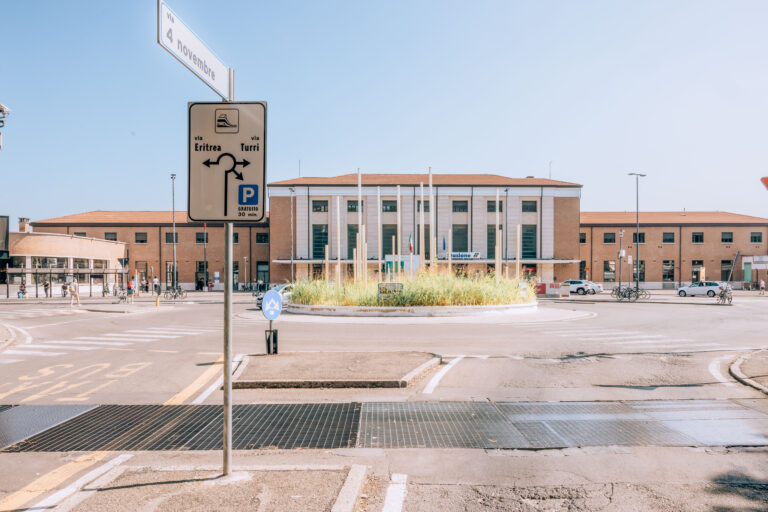


23th — 26th, September 2025
This year’s festival will explore 4 overarching themes that correlate with these approaches to placemaking, as well as with the host city’s distinct goals. We aim to bring together knowledge and perspectives from around the world to explore:
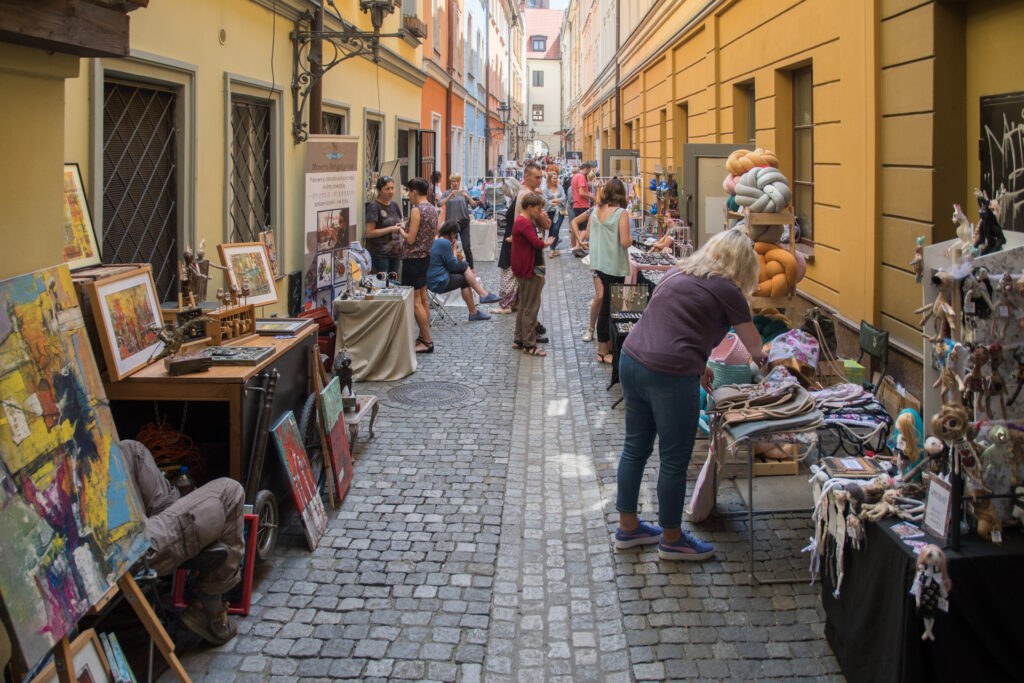
Placemaking is key to creating cities that truly embrace diversity and bring people together in their cultural and generational differences. These cities are designed to be physically accessible and socially welcoming, offering spaces where people from different cultures, backgrounds, and with various vulnerabilities can feel valued, comfortable, and safe.
Good placemaking helps build a sense of belonging and promote social cohesion, allowing everyone—kids, the elderly, women, and people from diverse cultural backgrounds— to thrive.
It’s not just about making cities physically accessible; it’s about making sure people feel included and part of the community. By using thoughtful approaches that promote inclusivity, we breathe life into our urban spaces. We want to make sure everyone, especially newcomers and marginalized groups, feel welcomed, supported, and free to engage in public spaces without fear. Inclusive placemaking turns cities into vibrant, dynamic places where diversity is celebrated, and everyone plays an important role in the community’s growth.
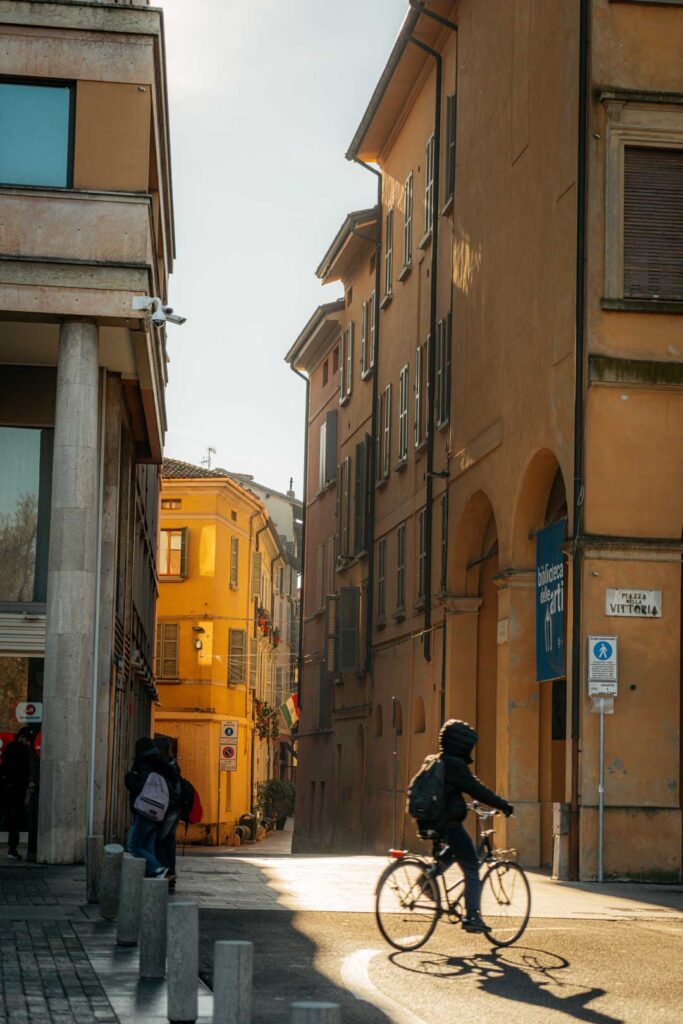
Historic centres lie at the heart of each city, full of stories, charm, and timeless architecture. Over time, historic centres have faced challenges. Local shops have closed down, affordable housing is hard to find, and there’s a struggle to maintain liveability and a community vibe.
Adapting to how people live and leisure today, while keeping the character and vibe of these historic centres, is tricky. We need to find ways to change from places to buy to places to be: to live, to meet, to create, both during the day and at night. City centres regain their vitality when all citizens – children, teens, adults and elderly – have reasons to live or engage there.
Reviving historic cores takes a careful approach, finding the right balance between holding onto the past and meeting the needs of the future. Placemaking and meanwhile uses of social, cultural organisations provide opportunities to imagine a new future.
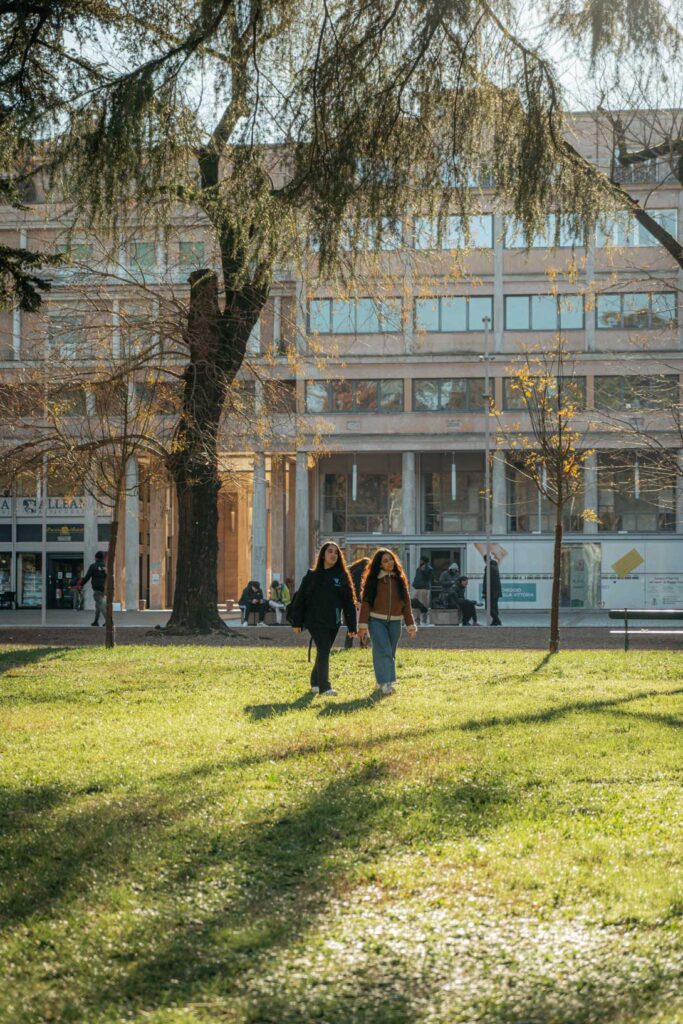
Urban health becomes more of a concern. More people and resources continue to pour into cities and access to social amenities and green, quiet and healthy spaces becomes scarce for many. It’s increasingly important to invest in solutions that improve quality of life, foster communities and encourage equitable and sustainable development.
Social quality and equity needs to be embedded into the urban fabric to foster communities where social interaction, trust, and communal support thrive, alongside physical and mental safety. This helps to create attractive and inclusive places, particularly for families, children, persons with disabilities and minority groups. Cities need to facilitate physical activity, cultural exchange and aspire to healthy lifestyles. This includes the design, the use, the programming and the maintenance of public space and amenities.
Within this theme, we will also explore the role of sustainable consumption, the green economy, and social cooperatives in promoting eco-friendly solutions that enhance the resilience of urban ecosystems. Additionally, we will examine the crucial role of access to local food systems and green spaces in supporting urban health and well-being.
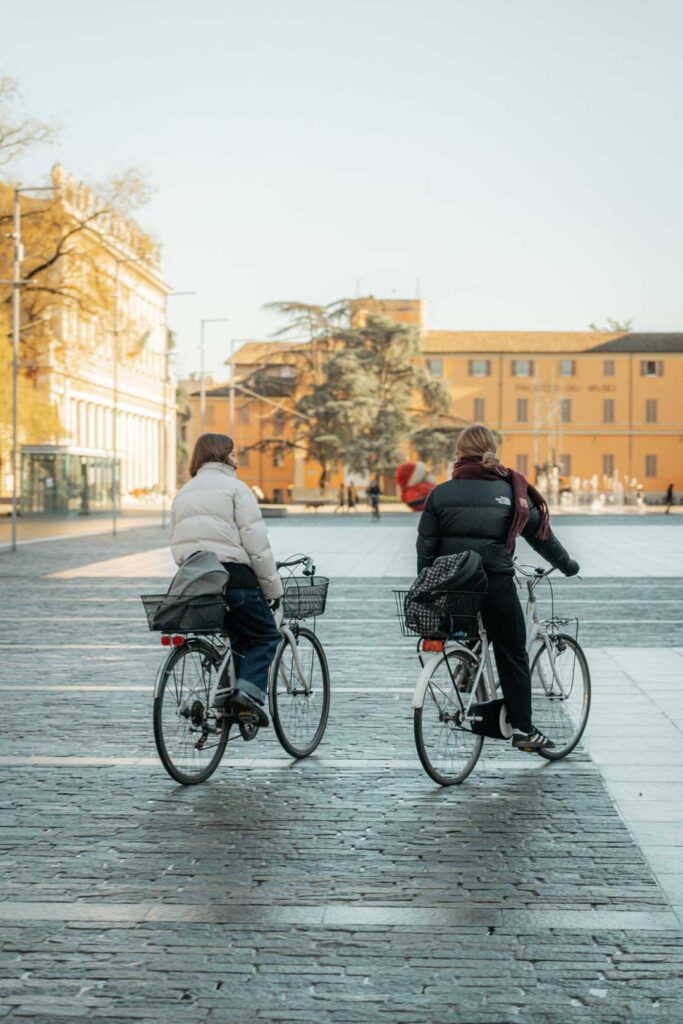
Mobility shapes how cities interact, and influences the flow of people, goods, and ideas. This theme explores opportunities for mobility across scales while decreasing car dependency: from intercity connectivity to local networks.
In midsize cities it is essential to strengthen how we move between cities while also keeping things accessible locally. We’re exploring how different modes of transport -walking, cycling, public transport- can bring people closer together and make getting around easier for everyone. Moving away from car-dependency and allowing for transport systems with smooth connections to other, local transport modes, is the goal.
Doing this right will evoke other challenges. High-speed intercity train networks need to be accessible easily for everyone. Local mobility hubs can facilitate this access and act as new social hearts of the community, now providing mobility sharing systems (bicycles, scooters, cars) and potentially other shared amenities. As car-depency decreases, public space is freed up and parking garages need to find new uses, providing opportunities for new vibrant, inclusive and social places. Let’s explore how new mobility systems can catalyse social life and community interaction.
Reggio Emilia perfectly embodies the spirit we want to celebrate: the creation of meaningful places, born of participation, memory, and a vision for the future. The city stands as a dynamic intersection of history, innovation, and inclusivity.
Reggio Emilia, nestled in the heart of northern Italy, is incredibly well connected! Whether you're coming from Amsterdam, the UK, or anywhere in Europe, getting here is simple, smooth, and scenic.
| Cookie | Duration | Description |
|---|---|---|
| cookielawinfo-checkbox-analytics | 11 months | This cookie is set by GDPR Cookie Consent plugin. The cookie is used to store the user consent for the cookies in the category "Analytics". |
| cookielawinfo-checkbox-functional | 11 months | The cookie is set by GDPR cookie consent to record the user consent for the cookies in the category "Functional". |
| cookielawinfo-checkbox-necessary | 11 months | This cookie is set by GDPR Cookie Consent plugin. The cookies is used to store the user consent for the cookies in the category "Necessary". |
| cookielawinfo-checkbox-others | 11 months | This cookie is set by GDPR Cookie Consent plugin. The cookie is used to store the user consent for the cookies in the category "Other. |
| cookielawinfo-checkbox-performance | 11 months | This cookie is set by GDPR Cookie Consent plugin. The cookie is used to store the user consent for the cookies in the category "Performance". |
| viewed_cookie_policy | 11 months | The cookie is set by the GDPR Cookie Consent plugin and is used to store whether or not user has consented to the use of cookies. It does not store any personal data. |